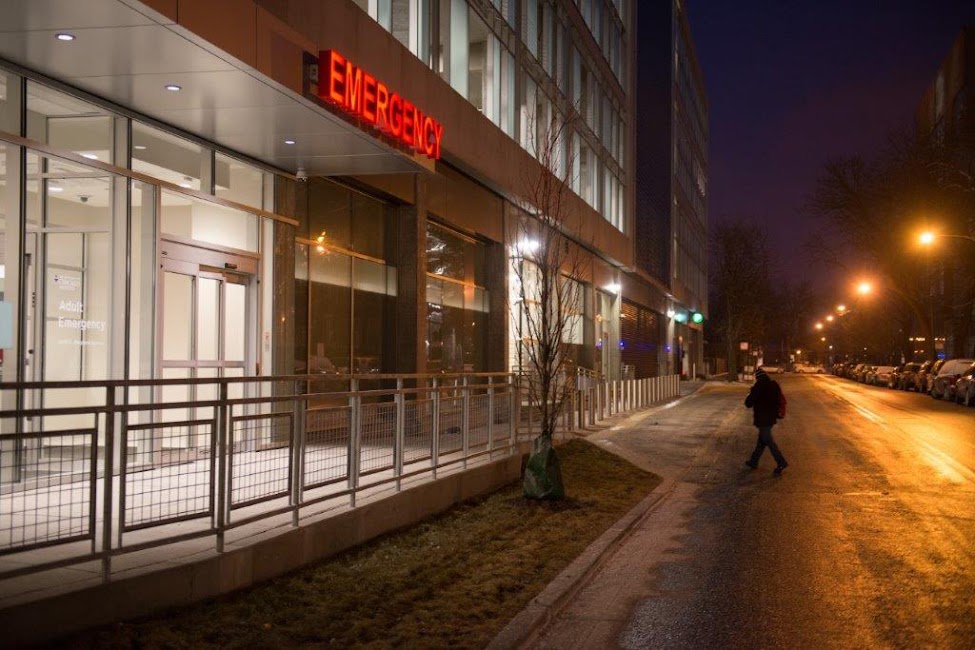Universal Preschool Rolling Out in Chicago

by Cornelia Grumman, Director, Education Program Over the last 15 years, Chicago has made gradual steps toward making sure all children in the city receive half quality early childhood experiences. Half-day kindergarten gradually was expanded to full-day kindergarten. Then half-day PreK programs were incorporated into schools, and many of those were expanded to full-day, responding to the needs of working parents. This summer, Mayor Rahm Emanuel announced he would make full-day preschool in the city universal to all 4-year-olds, regardless of family income. The phase-in would be gradual, so that by 2021, any family who opts to have their child attend PreK could access it, free of charge. This could spell savings of thousands of dollars for many working families who have found early education to be essential for children, but increasingly burdensome on family income. City of Chicago Mayor Rahm Emanuel made the announcement earlier this summer at a gathering at Truman College, on...


